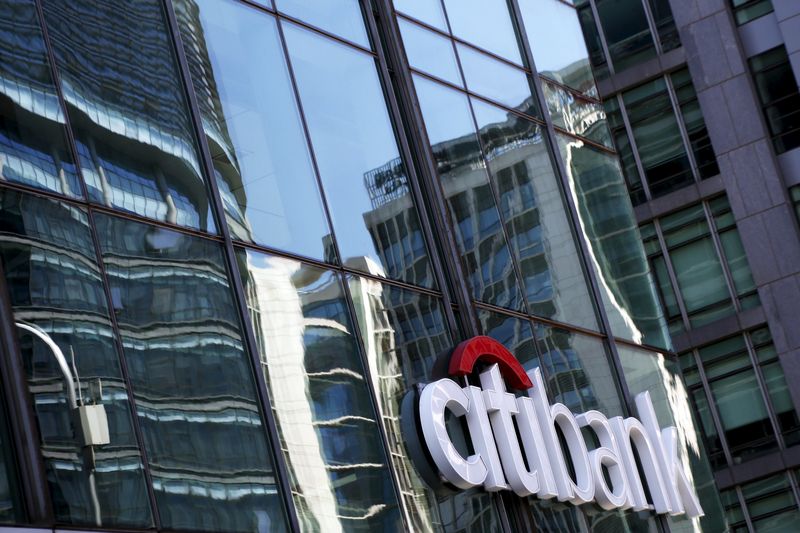NEW YORK - Major financial institutions, including Goldman Sachs (NYSE:GS), Citigroup, and Barclays (LON:BARC), are actively seeking to recapture market share in the leveraged finance market, which has been increasingly dominated by direct lenders. In a strategic shift, these banks are leveraging the possibility of declining interest rates and the evolving market conditions to their advantage.
The banks have set their sights on lucrative refinancing deals, notably those involving high-value transactions such as KKR’s buyout of April Group and EQT’s acquisition of Trescal Ltd. They are particularly interested in loans that were originated during a period of heightened credit risk from March to December 2022.
As part of their strategy, these institutions are emphasizing the advantages of syndicated loans over direct lending solutions. For companies looking to refinance, syndicated loans are being offered at rates that can be up to 75 basis points less expensive, and for new mergers and acquisitions, the cost savings could be as much as 100 basis points.
While these competitive rates and the promise of fewer covenants make syndicated loans an attractive option for businesses, the banks are not without their challenges. Regulatory hurdles, such as the European Central Bank's limit on bank deal leverage at six times EBITDA, pose significant constraints. Moreover, banks must navigate various geographical regulations that can impact refinancing activities across different currencies or regions.
The push by these major banks to regain a foothold in the leveraged finance market signals a keen interest in tapping into the opportunities presented by changing economic trends and the evolving competitive landscape.
This article was generated with the support of AI and reviewed by an editor. For more information see our T&C.
